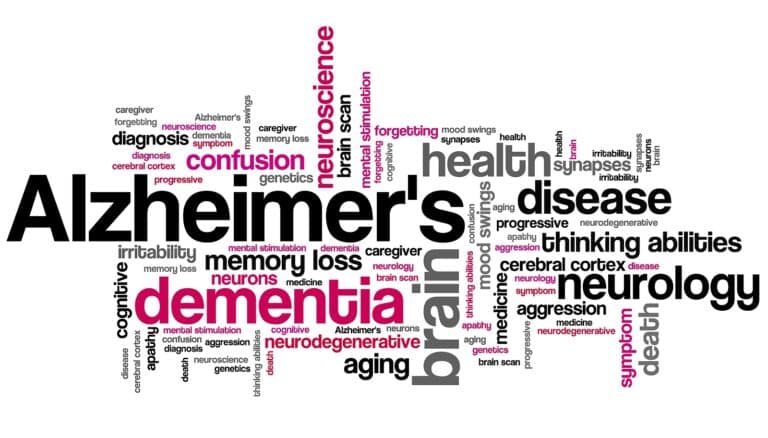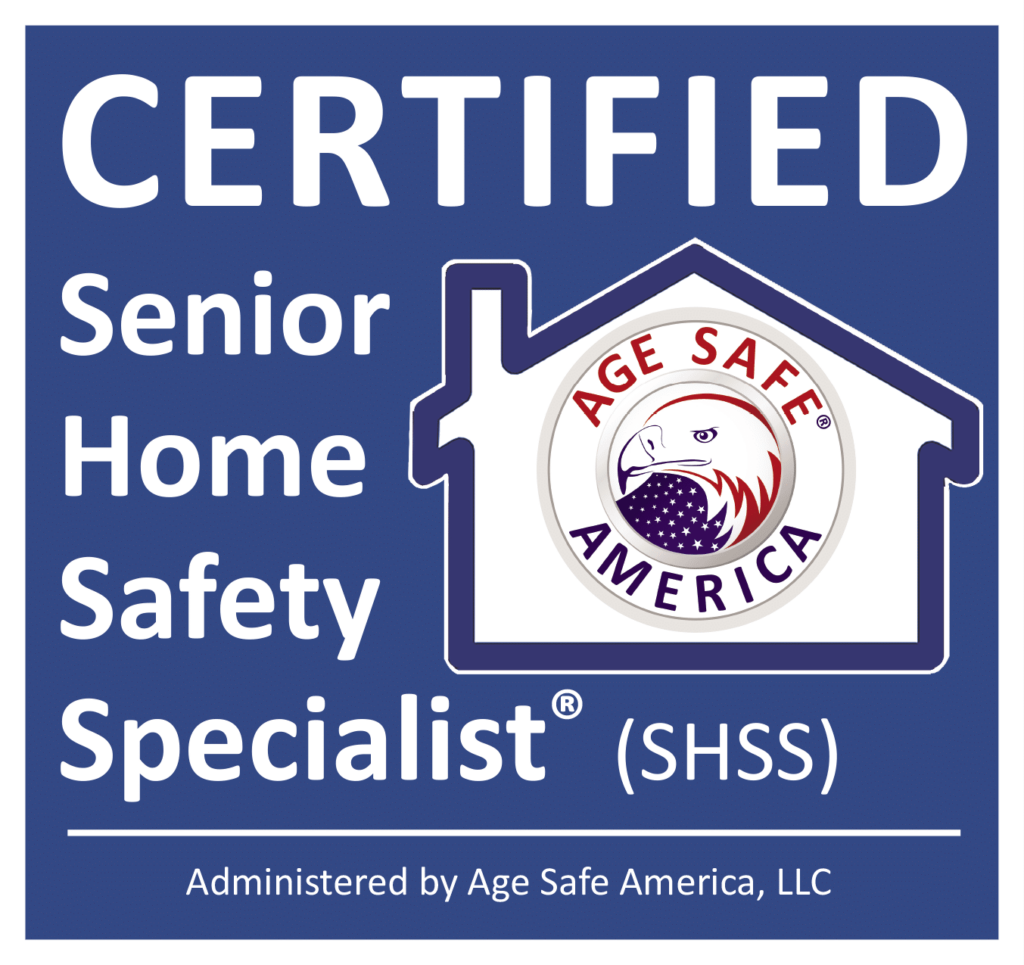If your loved one has been diagnosed with Alzheimer’s disease, one of the first things you will learn is that how they are doing today – what they can do, what they can remember, and how they function – is not how they will remain. Alzheimer’s disease is a progressive disease where the symptoms get worse over time. In addition to symptoms increasing, there isn’t a set schedule for someone regarding how long each stage will last for each person. Some people progress through the stages slowly, and others fairly quickly. Or they may stay in one stage for a long time, only to rapidly travel through the next.
Because symptoms will change and most likely your loved one will need more help as the disease progresses, it’s wise to research having an Alzheimer’s care provider as part of your team now, even if you feel you are managing taking care of your loved one currently. Helping your loved one become comfortable with an Alzheimer’s home care provider now can increase her comfort level later as they become a more integral part of her day-to-day living.
For now, let’s look at the three stages of Alzheimer’s disease. Understanding these stages will help you, as her caregiver, get a peek into the future of where you’ll need some extra help so that your loved one gets the care she needs and you don’t become overwhelmed and burdened by the caregiving.
Stage One: Mild
Individuals with mild symptoms and signs of Alzheimer’s disease will still be able to function in many ways. They can still go about their general routine but may find it more difficult to remember things or solve problems than they did before. They might find it’s a bit more difficult to follow a recipe or forget about family member’s birthdays more often. For many, this is a time when both the person and caregiver struggle to know if the symptoms are a part of normal aging or the onset of dementia.
Stage Two: Moderate
In this stage, it becomes much more apparent that the person can no longer live on their own or be independently functioning. Your loved one may have significant memory loss, confusion, and physical symptoms as well. She may no longer recognize family members that she doesn’t see regularly, or be able to find her way safely around the neighborhood. Having an Alzheimer’s care provider at this point can help to keep her safe and provide a bit of respite for family caregivers.
Stage Three: Severe
At this point, the person needs help with almost all tasks and may become uncommunicative. She may be incontinent, unable to chew her food, and completely unaware of her environment. 24-hour care will be a must to keep her safe.
The stages of Alzheimer’s are naturally fluid. Your loved one could have symptoms from a couple of stages or be able to do one task very well and another not at all. Being prepared at the beginning will help you and your loved one travel through each of the stages with the help and support you need.
If you or an aging loved one are considering Alzheimer’s home care in Anson, TX, please contact the caring staff at Clear Path Home Care today. Call 325-244-0877.
Clear Path Home Care provides compassionate, high quality home care in Childress County, Cottle County, King County, Stonewall County, Fisher County, Nolan County, Hardeman County, Foard County, Knox County, Haskell County, Jones County and Taylor County in Texas.
- Helping Seniors Become Comfortable With Telemedicine - May 14, 2024
- How Seniors Can Bounce Back From Life Events - May 2, 2024
- What You Need to Know About Hospital to Home Transition Care - April 18, 2024






